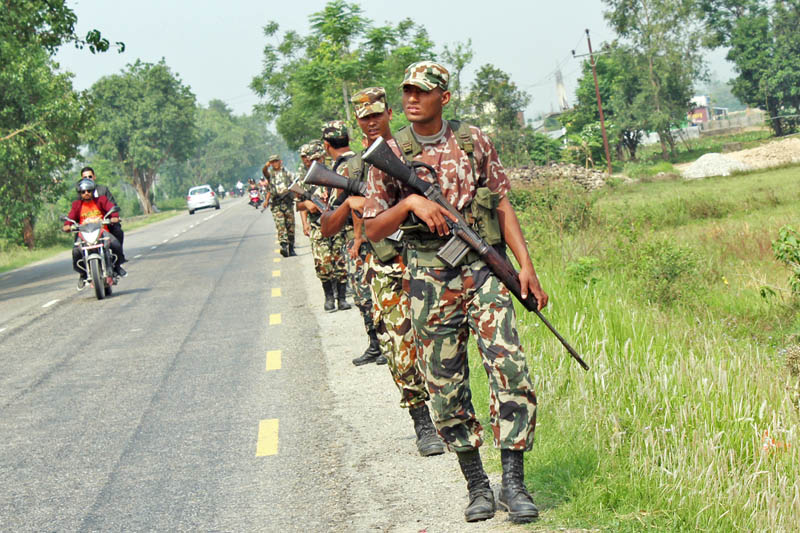NA’s petition lacks legal foundation, says ICJ
Kathmandu, November 20
The International Commission of Jurists today said the Nepali Army’s petition before the Supreme Court seeking to overturn convictions of soldiers for the 2004 killing of 14-year-old Maina Sunuwar was riddled with legal flaws and that its success would be a blow to the fight against impunity in Nepal.
“The NA has sought to overturn the convictions of Maina’s killers by putting forth specious legal arguments that do not hold up under Nepali or international law, or in light of the past decisions of the Supreme Court,” said Frederick Rawski, ICJ Asia Pacific director, in a press release.
On the 12th anniversary of the signing of the Comprehensive Peace Agreement, the ICJ released an analysis of the NA’s legal arguments in the petition to upend the convictions issued by the Kavrepalanchowk District Court for the killing of Maina Sunuwar.
In the briefing, the ICJ sets out Nepal’s obligations under international law and the Supreme Court’s jurisprudence to investigate and prosecute perpetrators of human rights violations; the impropriety of jurisdiction by a military court-martial in cases of serious human rights violations; and refutes the argument that the convictions violated principles of ‘double jeopardy’.
The briefing sets out international law and jurisprudence establishing the government’s duty to prosecute serious human rights violations as distinct and separate from its obligation to establish the truth, including as part of a transitional justice process.
“How can the people of Nepal, particularly conflict victims, have faith in government proposals to press forward on transitional justice when the Nepali Army continues to fight even minimal accountability with disingenuous legal arguments, such as in the case of Maina Sunuwar?” said Rawski.
“The foundation for any process moving forward must be the best interests of victims, a commitment to accountability, and respect for international human rights obligations. This has been affirmed many times over by the Supreme Court.”






